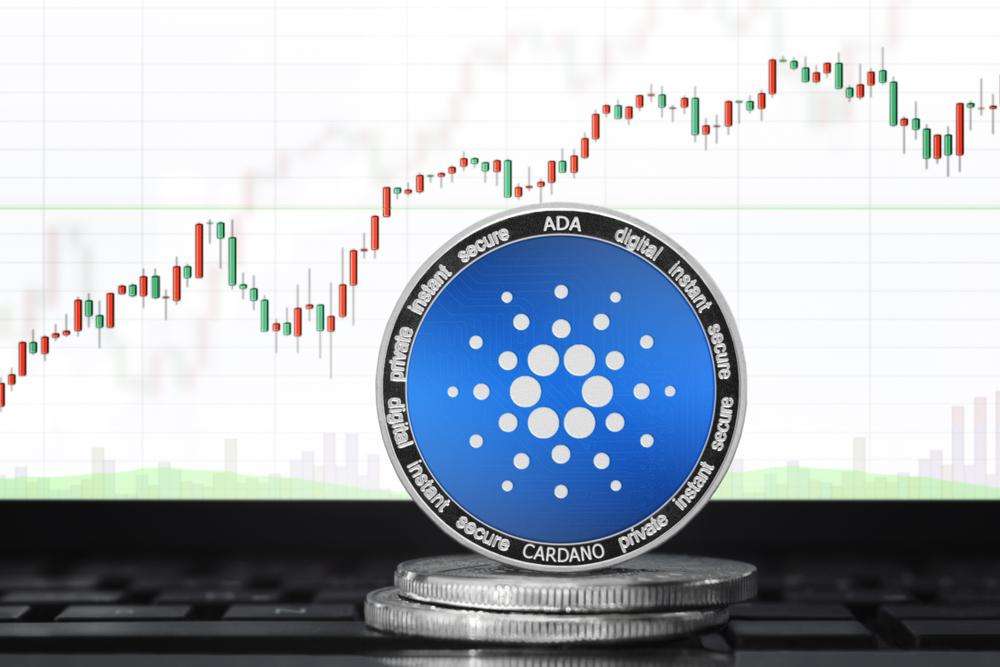- Cardax proposes the first decentralized exchange (DEX) for native tokens in the Cardano ecosystem.
- The project aims to develop the Extended Automated Market Maker (EAMM) protocol to merge the advantages of order books and Automated Market Makers (AMMs).
Project Catalyst has grown over the past seven months to become the world’s largest DAO. Developers, projects and teams can apply for funding on the platform in order to make the Cardano ecosystem better, promote or expand it with their proposal. One particularly exciting space is certainly Decentralized Finance (DeFi), as Cardano creator Charles Hoskinson has also repeatedly emphasized in the past.
While Liqwid Finance, the first lending and borrowing project, has already been announced and received funding, a decentralized exchange (DEX), like Uniswap, has been lacking. Cardax, a project currently applying under Project Catalyst, wants to change that and develop a decentralized exchange that lists all native tokens on Cardano.
Behind the project is Ryan Morrison, who leads Quant Digital, a company developing on Cardano. “We have both the technical and marketing knowledge in our team to make this a success,” as Morrison explained on Ideascale. Through Fund 4, the team is looking to raise $50,000 to implement phase 1 of the project. This includes architecture and UI/UX and culminates in the creation of a functional front-end demo.
Phase 2 is expected to focus on security, phase 3 on building the backend, phase 4 on the EAMM protocol, and phase 5 on smart contracts. With phase 6, Cardax will be set to go live.
https://twitter.com/CardaxDEX/status/1372619965036105731
What makes Cardax different from Uniswap, IDEX or Sushiswap
As Morrison explains, Cardax wants to develop a decentralized exchange based on the Extended Automated Market Maker (EAMM) protocol. In principle there are two ways to implement a DEX, via an order book or via an Automated Market Maker (AMM). The latter variant has prevailed in the Ethereum world, as it is better suited for trading pairs with low liquidity.
IDEX, one of the few decentralized exchanges on Ethereum that relies on the order book model, has the advantage of working best when liquidity is high, but a major disadvantage when liquidity is low, as Morrison discusses:
However, if a market is illiquid, order books don’t work that well. You can make an order, but finding a match for it won’t be as easy, and you’ll have to wait a long time. This often means you will not be able to escape volatility and large spreads occurring in these situations.
AMMs like Uniswap‘s, on the other hand, show that they are better suited for pairs with low liquidity. “The main advantage of an AMM system is that there will always be liquidity for otherwise illiquid markets — at least while there are enough people to invest in a liquidity pool.”
However, there is also a problem here, called “slippage.” If there is not enough liquidity around the desired price to fill a market order, an “impermanent loss” occurs. In addition, small projects have a hard time putting up the collateral to create a liquidity pool. However, this is necessary to prevent high slippage from the beginning.
Cardax wants to combine the advantages of both systems – order books and AMMs – and creates the Extended Automated Market Maker (EAMM) protocol. However, the development is still in a very early stage with no technical details about this yet.




